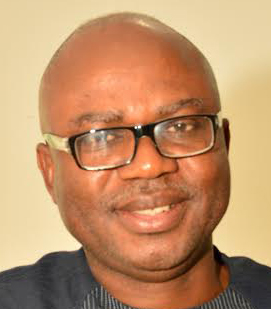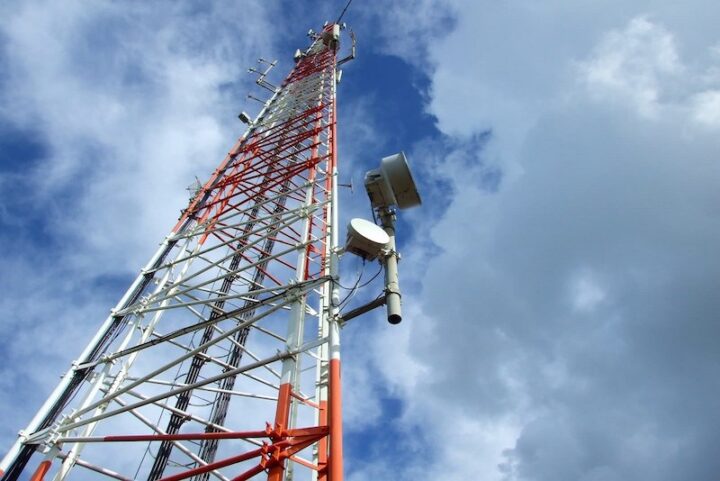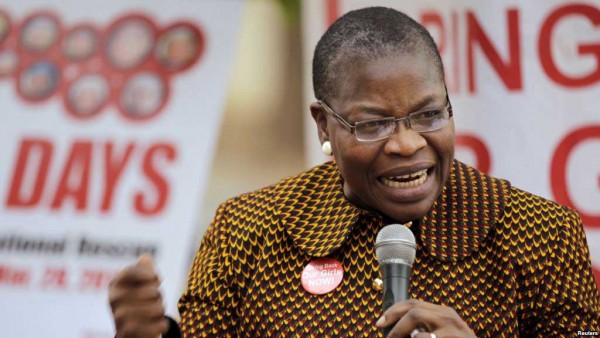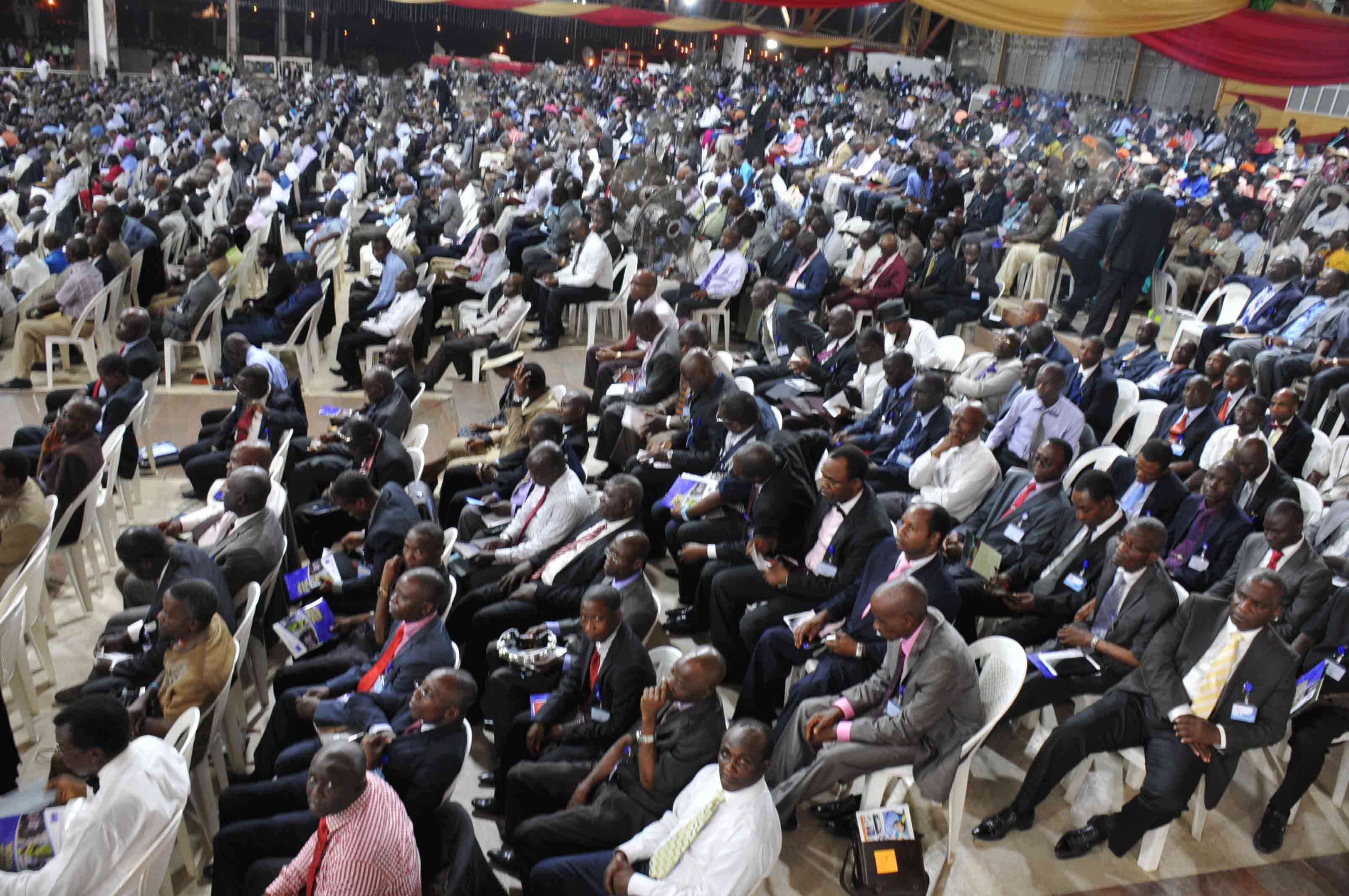Improvements in telecom services have appeared at the top of political campaign points in Nigeria since 2003. As has become customary, there will be no limit to the claims of politicians in the run-up to the 2019 general election: “We gave you GSM.” “From 400,000 Nitel lines, we now have 160million subscribers.” “We brought cell phones into the country.” “Discussions on this telecom thing started in my hotel room.”
Perhaps another government will claim credit for the network upgrade certain telcos are doing to avoid congestion during this yuletide season. Yet, beyond raking in billions of dollars and receiving free handsets and airtime from the telcos, the Nigerian government and politicians know nothing about the technological companies or inventors who have made life more comfortable and kept us more connected. Even regulation of the telecom providers’ activities has proved a herculean task for the Nigerian Communications Commission (NCC).
My Facebook friends know I’ve since elected to not comment, pro or contra, on the political candidates for the 2019 general election or their parties’ manifestoes. I’ve taken that stand because, like the average voter, I’ve been betrayed severally since 1999. Better sit on the fence and watch, I’ve advised myself. And the number of opinion moulders who think likewise could be counted in thousands!
So far, none of the top 10 or even top 20 telecom companies (telcos) in the world operates in Nigeria. They may not seek to make inroads into this large market anytime soon, because it seems the top telecom providers in the country are not leaving anything to chance. After over 17 years of MTN and Econet (ancestor of the present Airtel), after over 15 years of Globacom, and many years of later entrants like Swift, 9Mobile, Spectranet, Smile, MainOne and nTel in the Nigerian telecom space, their customers rather than the companies or government ought to be speaking on their behalf.
Advertisement
I’m aware that none of the Nigerian providers has failed to receive missiles over poor service delivery, despite installing the best technology and lifestyle-changing products and services. At a workshop on “Driving Innovation and Growth”, last week in Lagos, Prof. Umar Danbatta, executive vice-chairman of NCC, said Nigeria’s telecom operators were already testing 5G services and that the network was likely to make its debut in the country by 2020. Is the infrastructure to support 5G available? It’s not available for even 3G and 4G yet, but NCC’s Danbatta said they were working hard on it.
By now call charges and internet data ought to be far cheaper than they currently are. But as I’ve commented before, these telecom providers are not immune to the Nigerian problem that drives the cost of doing business high. Only in Nigeria perhaps do they have to hire thousands of security men and women to guard masts or buy thousands of generators to provide power at base stations. These infrastructure-deficit costs likely are behind some noticeable infractions: charging for undelivered messages, high cost of internet data, unsolicited subscriptions, dropped calls, and more.
The bottom-line for every telecom operation is: improved services. Subscribers desire better call completion ratio, lower call drop rates and call congestion as well as faster and more reliable upload and download of data. Every operator trying to achieve these must invest in new technology to give it an edge in the market.
Advertisement
At present the Nigerian telcos are racing against time. The Glo network – the one I’ve been using and which has rarely disappointed me for over a decade – arguably has been at the forefront of the next revolution. The biggest truly Nigerian telco, it was the only operator in Africa to launch its operations on the superior 2.5G network which enabled the convergence of voice, data and multimedia technologies. This robust platform not only ensured unparalleled voice clarity and low dropped calls but also enabled the offering of value-added services unavailable on the 2G technology deployed by other operators in the industry then. These included vehicle tracking, mobile internet, mobile banking, multimedia messaging service (MMS), voice SMS, Magic Plus and Text2email.
When I spoke with a tech expert last week, he was glad to bore me with the several innovations his clients are now introducing. The 3G-Plus technology, he said, enables a much faster transmission of data, voice, broadband internet and multimedia services over a range of frequencies. It allows customers to do video call and video streaming as well as enjoy high-speed mobile internet, among others, from their 3G-enabled mobile handset.
Long Term Evolution (LTE) has continued to gain ground, as it enhances data transfer rates and delivers unmatched mobile broadband experience and highest data speeds and reliability. The prize for the first successful launch of the 4G LTE goes to Spectranet, but it was Glo that made it available nationwide, thus enabling millions of Nigerians to enjoy instant, efficient broadband internet at speeds far superior to the 3G network, and allowing them to download ultra-high-definition videos in seconds. Individuals who consume huge volumes of data, government agencies and corporate organizations such as banks, oil and gas companies, academic and health institutions that require seamless data transfer for their operations now benefit immensely from Glo’s data-intensive applications.
The telco claims to have the most extensive fibre optic backbone across Nigeria. Complemented by a microwave backbone serving as back-up, the facility was built to further enhance voice and data transmission for mobile and fixed telephone operations in the country. The fibre-optic cable helps ensure that calls on the network are crisp and clear, without suffering breaks and drops.
Advertisement
The 2G and 2.5G technologies are becoming obsolete, just as 3G also is. It’s now 4G and higher! Again, Glosays it has the best 4G coverage in Nigeria at the moment, as it is being extended to several more cities. The operator’s 2G and 3G network components have been swapped with new and higher-capacity equipment to deliver improved data and voice service.
The submarine cable has also contributed to boosting international connectivity. Glo 1, for instance, connects Nigeria to the UK and US, passing through 14 African countries. It was the first time a single company would implement such a massive undersea project in Africa. In addition to boosting the provision of services to telecom end-users, the facility is currently providing the much-needed connectivity to critical sectors of the economy such as oil and gas, manufacturing, banking, commerce, education and health.
Nigeria must take advantage of the next phase of its digital revolution, so that many more could benefit from ultra-fast mobile broadband. The telcosshould improve their services by embarking on network upgrade: Glo in particular is currently modernising its infrastructure. “The project covers swapping, upgrade, and overhaul of network infrastructure, as well as building of new switches and construction of additional 4,000km of optic fibre cable to complement the company’s existing fibre optic facility, which is among the most extensive private fibre networks in Africa,” the expert interviewed for this article said. “The company’s existing 10,000km optic fibre network is also being expanded to provide capacity and route protection. It will also ensure constant (24/7) connectivity.”
A resilient brand like Glo promises to build the “best-in-class network” that all its subscribers will enjoy henceforth, in line with the vision of the company to be “the biggest and the best telecommunications company in Africa”. The current improvement being experienced on the network will continue over the coming months as the projects are ongoing, it says. Its dream is similar to the aspiration of every other telcoin Nigeria.
Advertisement
Nwamu is the CEO of Eyeway.ng.
+234-8054100220 (SMS/WhatsApp only)
Advertisement







